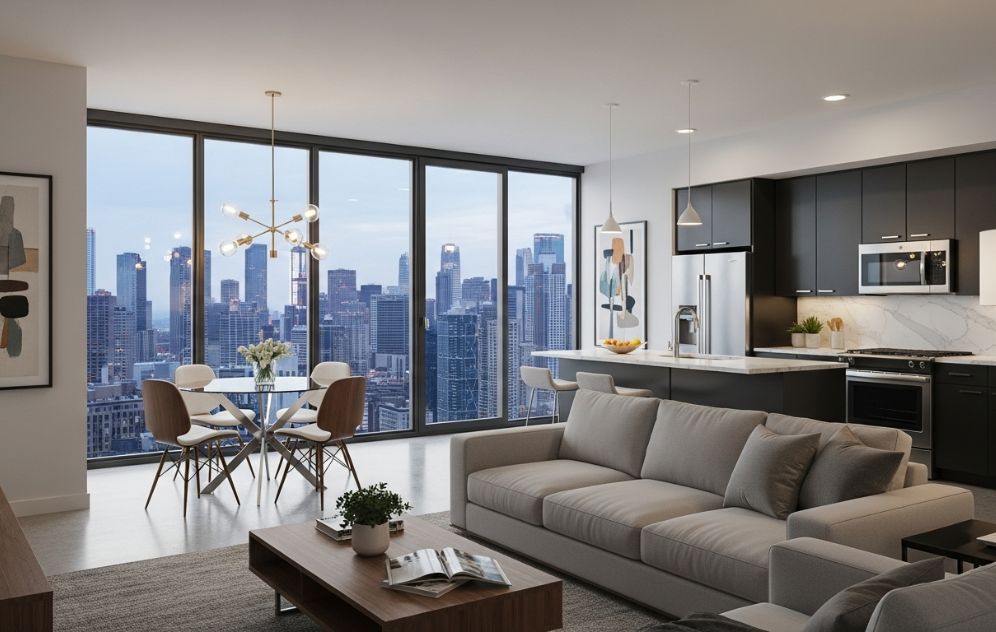
Living in Dubai offers a high‑quality lifestyle, but housing, schooling and leisure costs add up fast. Use our breakdown to budget correctly and discover where buying property — especially luxury apartments or family‑friendly homes — makes sense.
Dubai’s skyline draws expats into a world of sunshine, tax‑free income and luxury homes. But what does everyday life really cost here? From rent for apartments and family schooling to weekend leisure and commute, every decision impacts your budget. This guide breaks down housing, lifestyle and essential expenses — and shows when owning a property in Dubai becomes a smarter move.
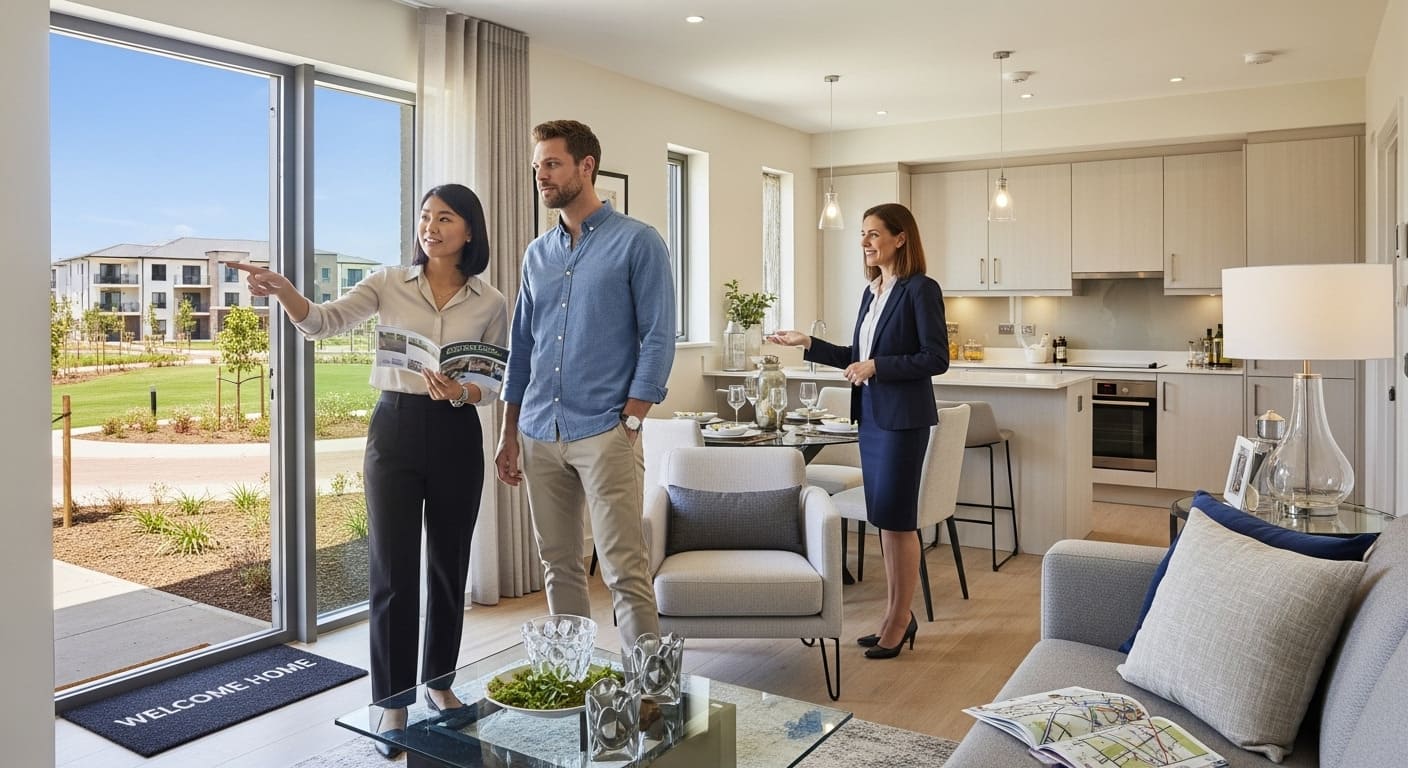
Rent is typically the largest month‑to‑month expense for most expats. In 2025, a one‑bedroom apartment for a single professional can cost around AED 7,000 per month outside the most premium areas. Larger flats or family units in popular zones can reach AED 15,000 or more per month.
Buying apartments for sale in Dubai can deliver long‑term value, especially for families or expats planning to stay 5+ years. With no property income tax and rising demand, purchasing a freehold unit in a well‑connected community can turn monthly rent into equity. Compare: rent versus mortgage + ownership costs, factoring in service charges and registration fees.
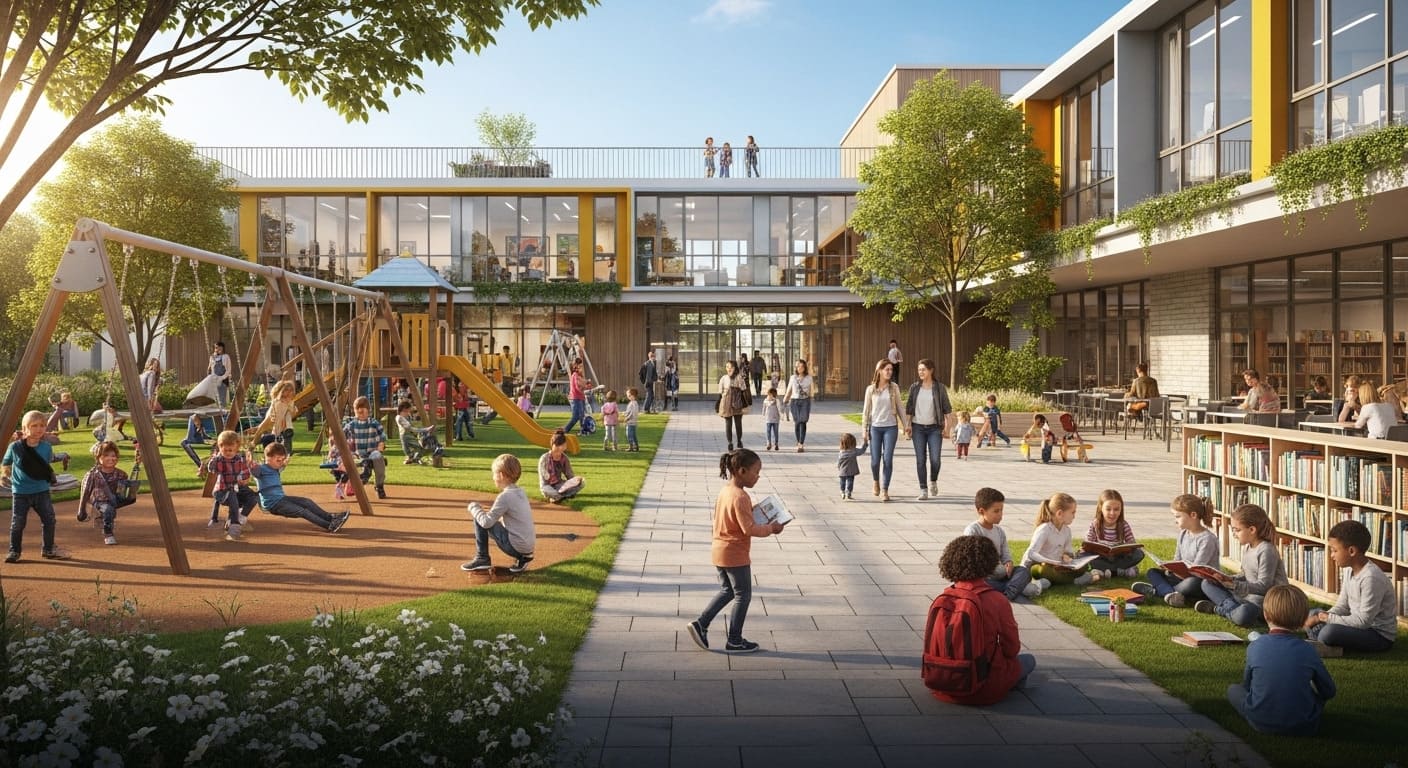
Families relocating to Dubai often face tuition fees from AED 30,000 to AED 90,000 per child per year, depending on curriculum and grade level. This makes housing choice critical: many “family apartments in Dubai” attract premium pricing but deliver better access to schools and amenities.
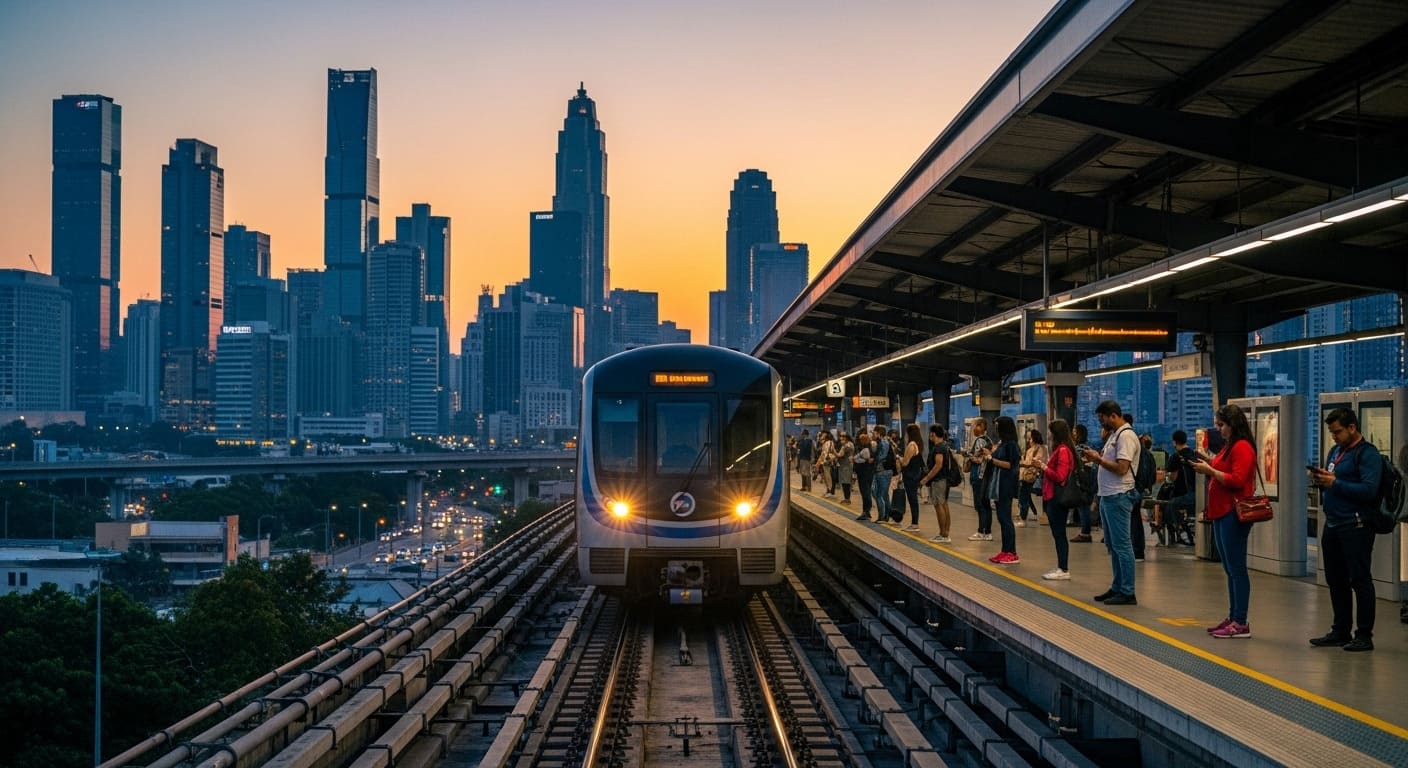
Transport costs vary widely. A monthly metro pass costs around AED 300, but car ownership adds fuel, insurance and parking. Living in communities near major roads or metro stations can save time and money, especially in growing districts.
Living expenses (excluding rent) for a single person average AED 4,000–5,000 a month in Dubai. Dining, shopping and weekend leisure add up, especially in premium districts. For expats aiming for luxury apartments for sale in Dubai, choosing a community that balances lifestyle with value is key.
(Figures are estimated averages based on 2025 data.)
Look for communities that offer:
Buying a property in Dubai at the right time and place can significantly reduce cost of living while improving lifestyle.
For expats in Dubai, housing costs vary based on location and property type. A one-bedroom apartment in central areas like Downtown can range from AED 6,000–10,000/month, while options in Dubailand or JVC are more budget-friendly. Many buyers opt for off-plan apartments in Dubai for better payment plans and long-term value.
While renting offers flexibility, buying — especially off-plan property in Dubai — provides asset growth and long-term ROI. Buyers benefit from payment plans, zero property tax, and freehold options. For long-term expats, purchasing is often more cost-effective, especially in high-yield communities like Dubailand.
Areas like Dubailand, Jumeirah Village Circle (JVC), and Arjan are top picks for affordability and lifestyle. These offer family-friendly apartments in Dubai with green spaces and schools nearby. For luxury living, consider boutique communities offering exclusivity and design-focused layouts.
Living costs depend on lifestyle. On average:
Cost-effective options exist in well-connected suburban areas, reducing commuting and living expenses.
Yes, many off-plan projects in Dubai cater to first-time buyers with 1–5 year payment plans, low booking amounts, and freehold apartment options. Areas like Dubailand offer smart investment entry points with growth potential and high rental yields.
Dubai offers world-class healthcare. While government facilities are subsidized, expats typically use private clinics and hospitals. Health insurance is mandatory, and many employers provide coverage. Choosing communities near medical hubs and hospitals ensures better access and convenience.
Modern communities in Dubai offer:
This is especially true for boutique apartments for sale in Dubai, which focus on lifestyle-centric living.
Dubai has no annual property tax, making it attractive to global investors. Buyers pay a one-time 4% DLD registration fee. This tax-free model boosts ROI for those buying apartments for sale in Dubai for rental income or resale.
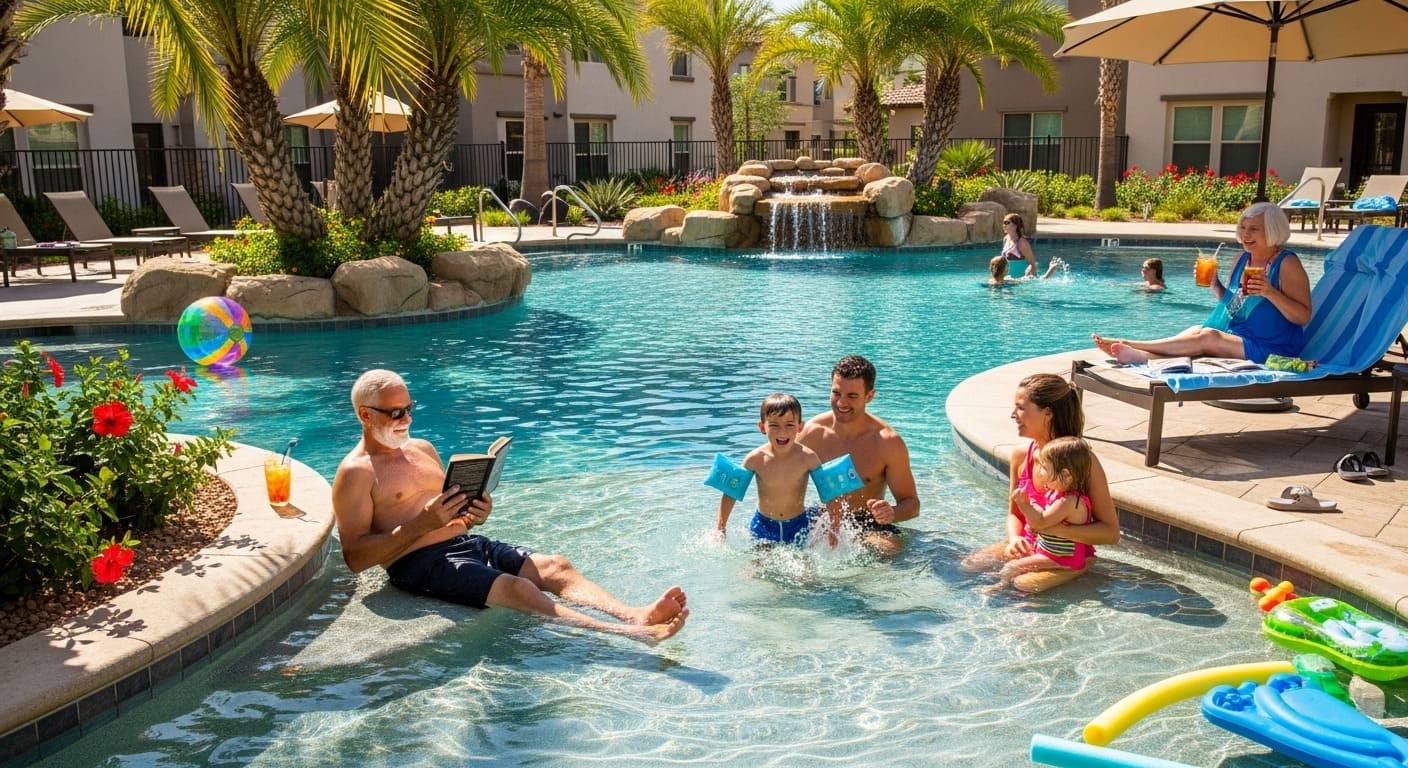
Living in Dubai truly offers a full lifestyle upgrade — but only if you plan for costs. Whether you’re looking for luxury apartments, family‑friendly communities or smart investments, balancing rent, schooling, transport and living expenses is key. When your horizon is 5–10 years or more, owning makes strong financial sense. Explore our portfolio of luxury and family‑oriented apartments for sale in Dubai and talk to our property advisors to tailor your expat housing strategy today.